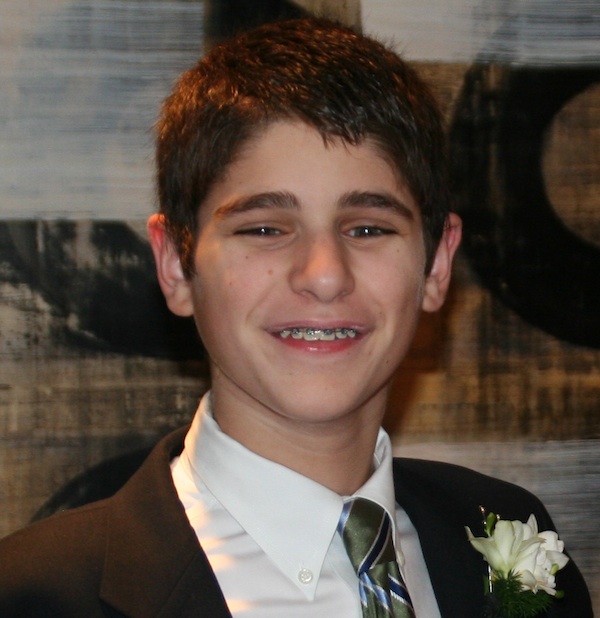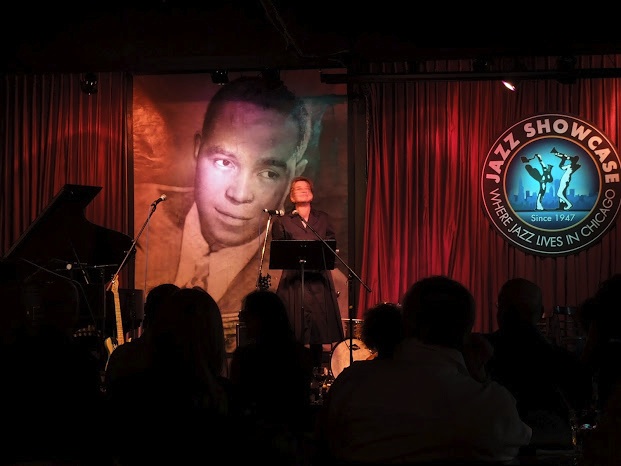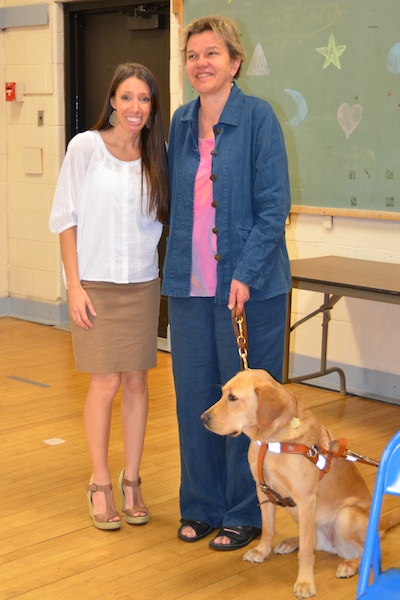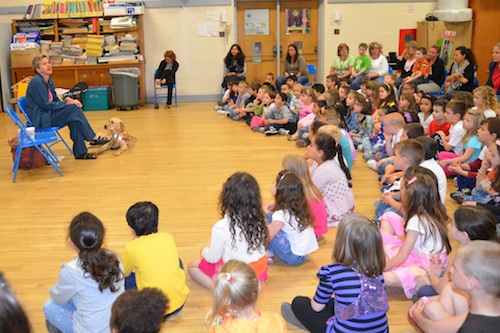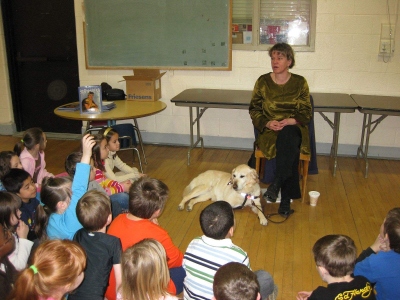Maximum accessibility
June 2, 2012 • 7 Comments • Posted in blindness, technology for people who are blind, travel, Uncategorized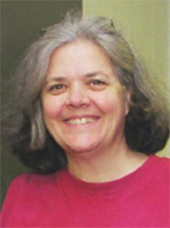 Whitney and I just got back last night from a web design conference in Dallas — my friend Sharron Rush gave the opening keynote yesterday, and when I heard she’d worked with Google to come up with a way to award conference scholarships to people with disabilities who wanted to attend, I went ahead and applied. And won!
Whitney and I just got back last night from a web design conference in Dallas — my friend Sharron Rush gave the opening keynote yesterday, and when I heard she’d worked with Google to come up with a way to award conference scholarships to people with disabilities who wanted to attend, I went ahead and applied. And won!
Sharron co-authored a book called Maximum Accessibility: Making Your Web Site More Usable for Everyone. She is director and co-founder of Knowbility, a non-profit in Austin that helps make the internet and other technologies accessible to people who are blind, visually impaired, hearing impaired, have mobility impairments and cognitive or learning disabilities. Sharron’s keynote, “The Big Umbrella of Inclusive Design,” was described in the the Big Design web site like this:
Lessons learned – and those that we are still learning – have profound impact on design effectiveness and flexibility. As we design systems for inclusion, we find that as we remove perceived barriers we also solve unanticipated problems and improve user experience for all.
Google contacted Sharron a few months ago to tell her they were pleased to see her on the program, but were disappointed the conference wasn’t focusing even more on accessibility for those of us with disabilities. Sharron brainstormed with Google, and together they came up with this scholarship idea to make the conference more affordable for people who have disabilities. I was one of a handful of Google scholars to attend, and I sure appreciated the opportunity to talk with designers there about what a difference Accessible websites have made in my life.
Thanks to the efforts of programmers and website developers who value the importance of accessibility for the blind, speech synthesis allows me to Google to do my research, I’m able to fill out online forms on my own, I flip through websites to find information about events, times, locations and on and on. All that stuff the rest of you do using your eyes and a mouse? I do that by using my ears and keyboard commands.
We Google scholars all had lunch together with the folks from Knowbility after Sharron’s presentation, and it was heartening to be around so many people with an active interest in keeping the web accessible.
One huge bonus: A young man named Jason Hester from Knowbility sat next to me at lunch. Jason is able-bodied, and when I asked what got him interested in this sort of work, he credited a favorite professor at Texas State. I knew immediately who he was talking about. Professor Neill Hadder was in my group at the Seeing Eye last December. Neill was training with his new German Shepherd Bill while I was training with Whitney!
